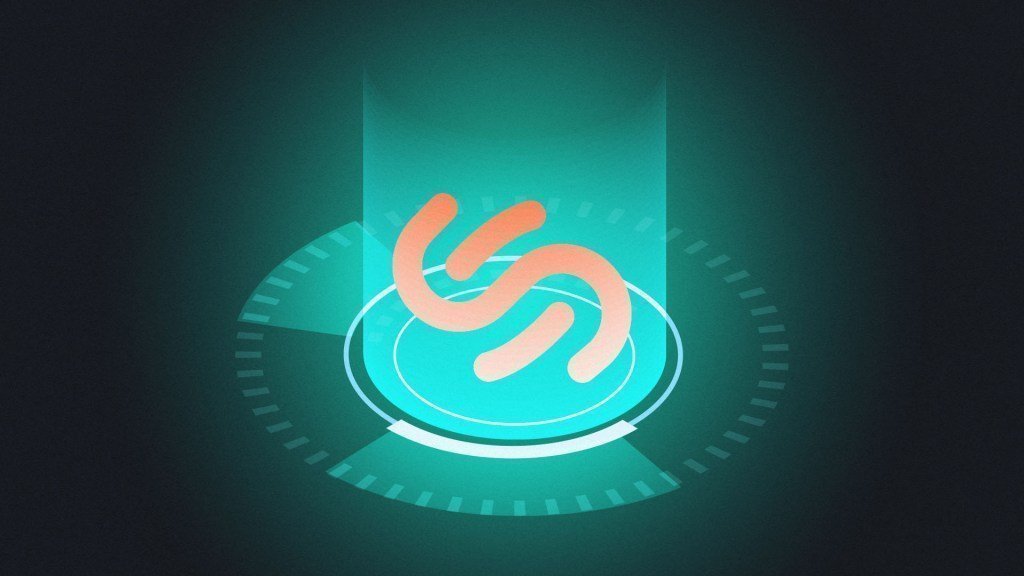Rooter, founder of Salana-based lending platform Solend, explains what happened behind the scenes as he voted to take control of the biggest whale on the platform’s account. The altcoin project risked being completely liquidated last week due to a whale’s hefty debt.
Controversial DAO voting on altcoin project
Solend, one of Solana’s largest lending platforms, avoided $108 million in loans last week. Whale has secured 5.7 million SOLs with a $170 million stablecoin loan on Solend. Thus, Solend has 95% of the SOL ratio in its main pool. The main problem here is that the whale is completely liquidated as the Solana price drops to $22.30. Solend team announced that in case of this liquidation, Solend is in danger of getting too much debt that it cannot collect.
We're doing a community AMA on Reddit. Let us know what's on your mind. https://t.co/fDul8S7bga
— 🙏🚫 Solend (we're hiring!) (@solendprotocol) June 22, 2022
Later, the community realized the impending threat to the anonymous whale’s position. However, they sent messages on social media urging the whale to reduce its position or increase collateral. Finally, the lender realized in time and redistributed its funds to other protocols. In the rest of the article, Rooter, the founder of Solend, answers questions about this event.
Interview with Solend founder Rooter
When did you first realize you had a problem with the whale wallet?
Whale wallet has been on our watch since February. We were checking the account intermittently. June 15 is the day when the magnitude of the risk becomes clear.
The whale reached 95% of the SOL rate in Solend’s main pool at one point. In this regard, the question posed to Rooter was whether they had noticed the risk beforehand. “Didn’t you foresee the potential problem of having a single wallet with more than 90% of the liquidity pools?” Rooter answered this question as follows:
All the steps Solend took during this event were proactive to avoid a real crisis. For a long time, Solend had such large deposits/payables ($2/1 billion) that it seemed unlikely that a single account would represent such a large share. Recent sales and debt reduction have caused the proportional size of the whale to grow rapidly. Solend is now adding automatic monitoring for concentration risk so we can be even more proactive.

The biggest risk was that the whale’s Solana price dropped to $22.30 as it was completely liquidated. cryptocoin.com As we have conveyed, the Solend team stated that they are in danger of receivables that they cannot collect. Later, in their proposal, the Solend team proposed solving the problem through over-the-counter (OTC) agreement rather than a complete liquidation of the protocol. Thanks to this vote, the seizure of the entire position of the whale was accepted. However, it is remarkable that 88% of the votes came from the address.
Altcoin project at risk of complete liquidation
One of the questions posed to Rooter was about these risks. “What evidence or analysis have you done to determine that selling $113 million of SOL will affect Solana’s global price more than a short drop?”. The altcoin founder answered this question as follows:
When a problem arises in real life, our users come first. Solend liquidation robots tend to run entirely on Blockchain. Which means they will liquidate and sell in DEXs… The liquidation of this whale will cause a flood of bot activity for liquidators trying to win the liquidation and arbitrageurs trying to arbitrage the exchanges. This great MEV opportunity is unmatched in Solana. Worst-case scenario, Solana could drop for hours at one of the most volatile times ever.

So what happened behind the scenes of the voting?
Rooter answers this question as follows:
There were sleepless nights and heavy pressure behind the scenes. We also spent a lot of time interacting with users and the community on our Discord. An interesting insight is that most of the users whose funds were endangered by the whale (withdrawals not possible due to 100% usage of the USDC pool) are on board to take action. The loudest complaints came from those who had nothing at stake. We’re glad that in the end things were settled gracefully. No user lost any money.
What will be the future of Solend?
Solend is improving its systems so that this problem never happens again.




